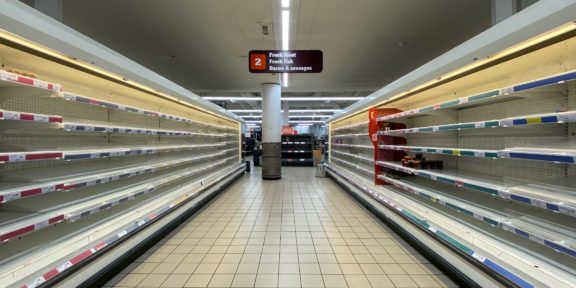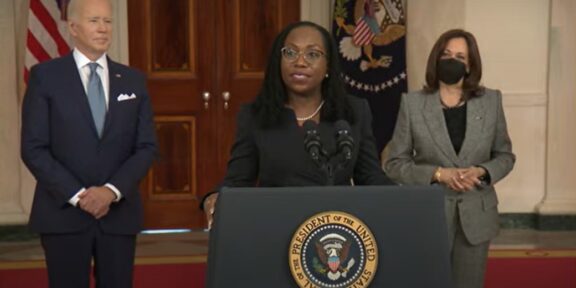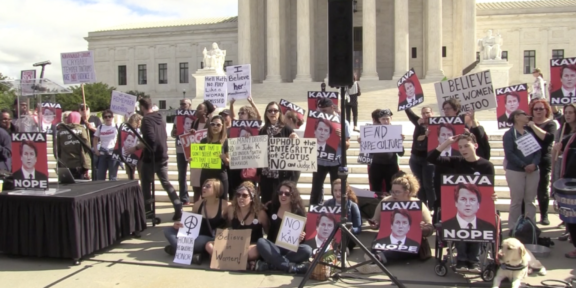Thirteen States Would Be Affected by Change in Emission Standards

Courtesy Photo: Smog days in Los Angeles have fallen by nearly 50 percent from 1970 since California's higher auto emissions standard went into effect. State officials are worried, however, that new EPA head Scott Pruitt will rollback the state's standards.
WASHINGTON — California is preparing for a huge fight over its climate with the Trump administration and its new EPA director, a battle that could have ramifications for residents across the nation, from New York to Washington state, from Maryland to Massachusetts, from Pennsylvania to Arizona – potentially affecting more than one of every three Americans.
In preparation for what elected officials expect to be a protracted brawl on auto emissions, the state has hired Eric Holder, attorney general under President Obama, to take on the Environmental Protection Agency’s new leader, Scott Pruitt.
California, home to 39 million Americans and an estimated 14.5 million cars, both the highest for any state, is fighting to maintain its higher automobile emissions restrictions, which its leaders say have rescued the state from high levels of air pollution.

Photo Courtesy C-Span: California Sen. Kamala Harris tried,but failed to get
a commitment from new EPA Director Tom Pruitt to allow the state to maintain
its current emission standards.
The state wants to maintain restrictions it instituted in 1959 when the air was so polluted by smog – a word Californians coined to describe its combination of smoke and fog – that hundreds of thousands suffered from resultant respiratory problems and just seeing local surroundings was sometimes impossible.
Under the new law, automakers were forced to manufacture more fuel-efficient vehicles to be sold in California. Since 1959, California
requested and received 100 exemptions by the EPA that allowed it to have higher standards than the rest of the nation.
The law, state officials said, has paid off.
Since 2015, Los Angeles’ “smog” days, those days in which air pollutants are higher than the federal regulation standards, have declined by nearly 50 percent compared to the numbers during the 1970s.
A study released by the National Oceanic and Atmospheric Administration showed certain levels of car-specific pollutants have dropped by 98 percent in Los Angeles since the 1960s, even though drivers use three times as much fuel today.
Health care and black elected officials say the fight is particularly important to African Americans because statistics show African-American communities suffer disproportionately from high levels of air pollution.

Courtesy Photo: EPA head Scott Pruitt has called climate change "religious
fantasy" and sued the agency he now heads 14 times to roll back its environment
rules while he served as Oklahoma attorney general.
Due to California’s success, 13 other states, Arizona, Connecticut, Maine, Maryland, Massachusetts, New Jersey, New Mexico, New York, Oregon, Pennsylvania, Rhode Island, Vermont and Washington, have adopted its clean car standards.
Now, those states fear the EPA will no longer allow them the exemptions that it has done through every Republican and Democratic administration since the law was initiated.
During his Senate confirmation hearing, Pruitt, who sued the EPA 14 times as Oklahoma attorney general and has called scientific evidence of a correlation between climate change and human activity “religious beliefs,” declined to assure refused to say whether the EPA under his direction will allow states to maintain higher emission control standards.
Newly-elected California Sen. Kamala Harris repeatedly questioned Pruitt about the states’ concerns.
“I don’t know without going through the process to determine that,” Pruitt responded. “One would not want to presume the outcome.”
Harris, who opposed Pruitt’s confirmation, said last week she was troubled by Pruitt’s response.
“California is a recognized leader on clean energy development and global effort to combat climate change,” Harris said in a statement. “During his hearing, I asked multiple times if he would uphold California’s motor vehicle pollution standards, and each time he shied away from that guarantee.”

Courtesy Photo: California representatives say they don't want to go back to the days when car emissions made air a physical and visual hazard.
California’s ranking senator, Dianne Feinstein, who also opposed Pruitt’s confirmation, said she and her constituency are also concerned about Pruitt’s environmental view.
“More than 75,000 Californian’s have contacted my office in opposition to Mr. Pruitt’s confirmation,” said Feinstein, also a Democrat. “They are worried he won’t enforce our existing environmental laws and will refuse to address the real threat of climate change. I agree with them.”
“Mr. Pruitt refused to commit to allow states to develop their own stronger environmental standards, including upholding California’s waiver to establish higher fuel economy standards. These are radical views for someone charged with implementing our nation’s environmental laws.”
California Congresswoman Karen Bass, a Democrat who represents Los Angeles, said if Pruitt’s doesn’t uphold the emissions controls rules, it could have a serious effect on the most vulnerable Americans.
“Something that seems to be far from his radar is the disproportionate effects climate change has on poorer communities,” Bass said an e-mail to Howard University News Service.
“Rolling back environmental protection is going to disproportionately impact communities of color already suffering from brownfields, toxic waste or the type of negligence that led to the Flint water crisis.”
According to the Centers for Disease Control and Prevention, black children suffer the worse from respiratory illnesses. One out of every six have an illness while the national average is one out of every ten. Between 2001 and 2010, the report rate has since risen 50 percent.
James Fine, an economist and policy scientist at Environmental Defense Fund, a nonprofit organization that supports clean air initiatives, illustrated the effect of higher emission standards on cars.
Combined, the states with higher emission standards will consume 16 billion gallons less fuel in 2030 than they would without the restrictions, Fine said, saving drivers $40 billion in fuel costs based on an average gas price of $2.50.
“Cleaner cars are a trifecta that will save families money at the gas pump, reduce our dependence on foreign oil, and cut global warming pollution from tailpipes,” he said.
Pruitt has been at the forefront of efforts to thwart EPA policies.
In 2001, he sued the EPA to stop the “good neighbor rule,” which reduces hazardous soot and smog pollution that crosses state lines. In a different suit, he went to court to block policies to reduce toxic mercury, arsenic and acid gases from power plants. He joined in another suit to block standards requiring power plants near this and other national parks and wilderness areas to cut pollution that creates such haze.
President Trump, who has already signed executive orders to rollback EPA policies to protect the nation’s water, has said EPA is hurting the economy. Before Trump was elected, he called EPA a “disgrace.”
“Every week they come out with new regulations,” he told Fox News in 2015. “They’re making it impossible. We’ll be fine with the environment. We can leave it a little bit, but you can’t destroy businesses.”
Despite Trump’s claims, the auto industry is flourishing in California under the state’s tighter emissions controls. In 2015, the state nearly set a new record when new car sales rose 11 percent. Californians bought more than two million cars that year.
According to Employment Development Department data, jobs in California’s automotive industry jobs have grown by 47,000 since 2011, nearly a 26 percent increase.






